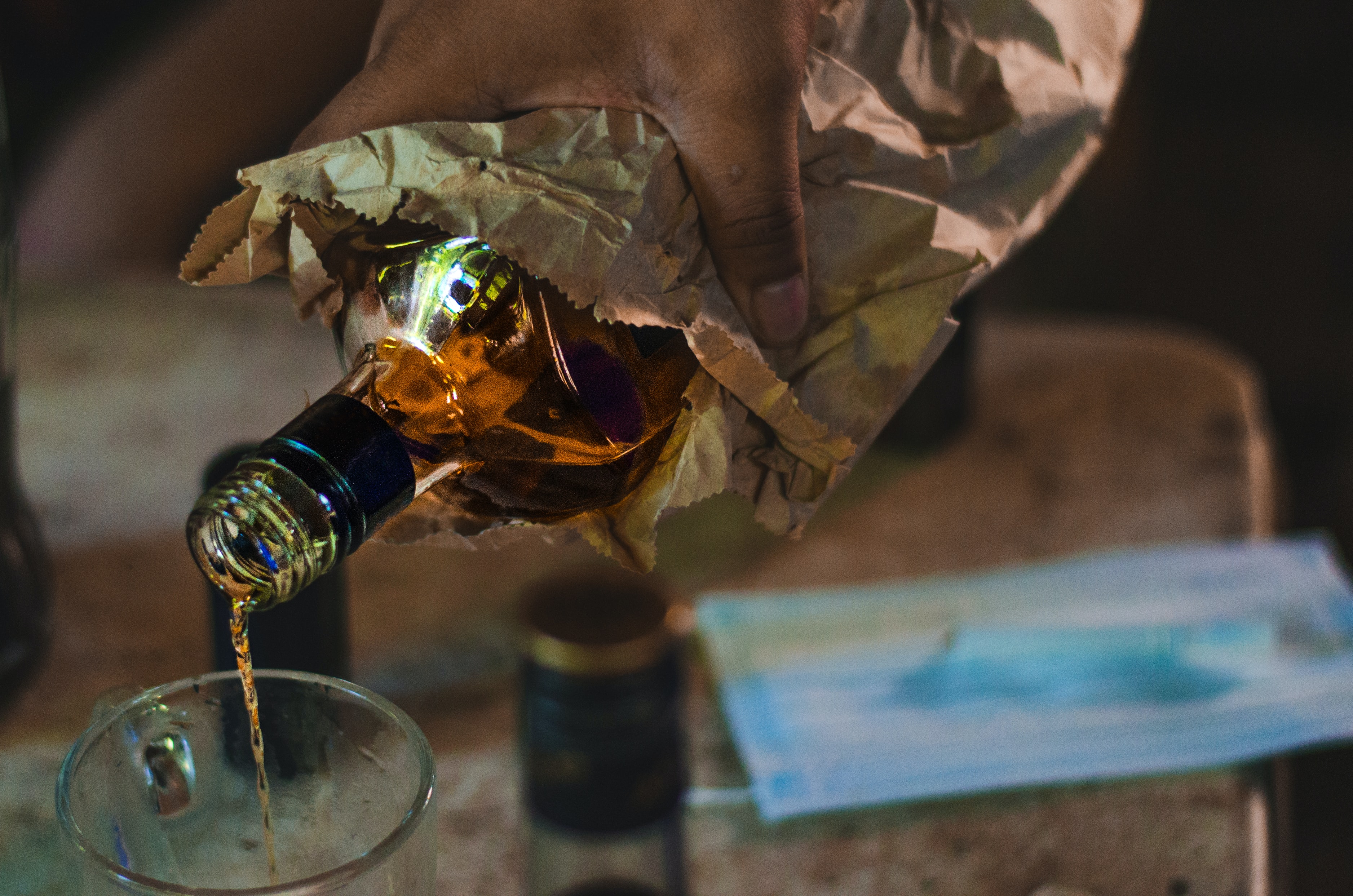News release
From:
Attachments
Note: Not all attachments are visible to the general public. Research URLs will go live after the embargo ends.

Journal/
conference: Drug and Alcohol Review
conference: Drug and Alcohol Review
Research:Paper
Organisation/s:
Curtin University, La Trobe University, University of Technology Sydney (UTS)
Funder:
This research was supported by NSW Health (Health
Education Training Institute) and by the National Health
and Medical Research Council (NHMRC) Centre of
Research Excellence in Indigenous Health and Alcohol
(#1117198). Katherine M. Conigrave was supported by a
NHMRC Practitioner Fellowship (#1117582).



 Australia; NSW; VIC; WA
Australia; NSW; VIC; WA


